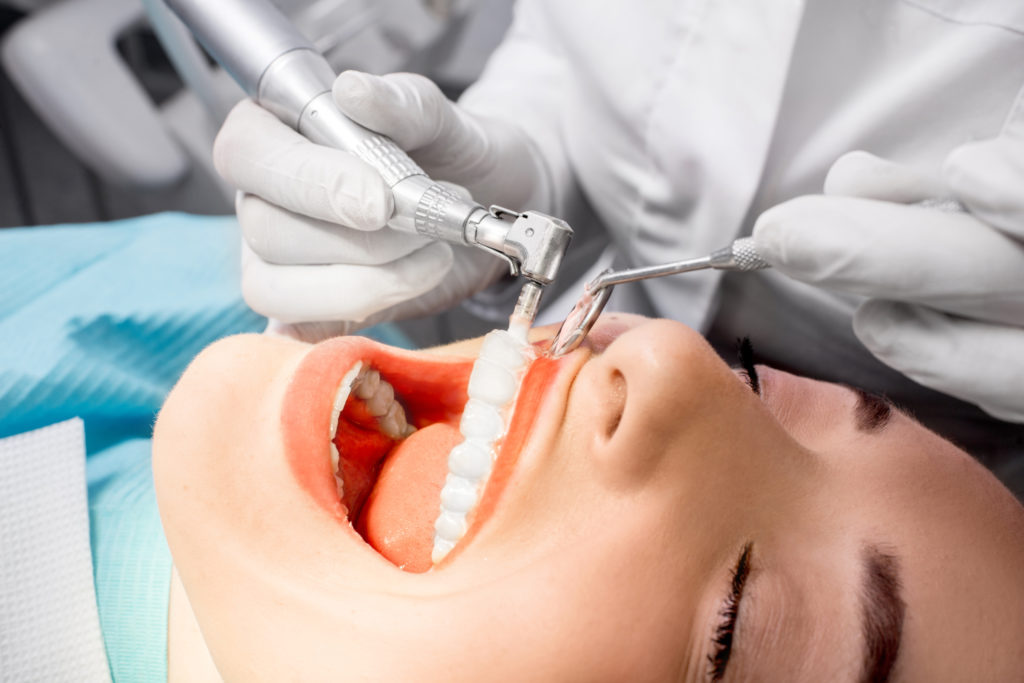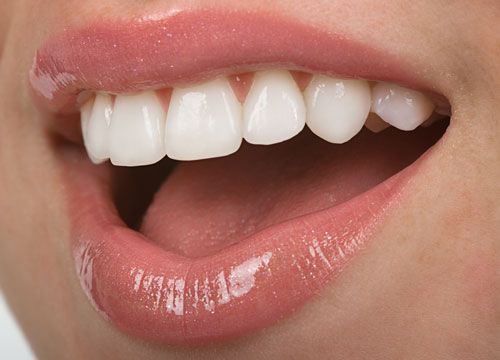When it comes to our teeth, we can fall behind on taking the proper care for them at times. Instead of quitting our bad habits, we tend to pile up on them. What we fail to realize is how much damage we are causing to our teeth in the long run. By becoming more aware about the bad dental habits that we possess, we might be able to cut it down or get rid of it altogether.
Chewing Ice
Even though chewing ice might satisfy a crunching or chewing sensation some people crave, the hard texture of the ice and the cold actually causes harm to your teeth. They can do this by cracking or chipping them. So, to cut back on this bad habit, try switching to alternatives. This could include chewing on sugar-free chewing gum or drinking normal temperature water.
Drinking Soda
Soda is both acidic and sugary. This is the case with diet sodas as well. So if you have a habit of drinking soda on a daily basis, then you could cause more damage to your teeth than you realize. This is because the consumption of acidic drinks coat your teeth in fluid which causes decay. It has also been found that alcohol and juice are equally harmful in excess and if your teeth aren’t properly cared for after consumption. So, in order to remain on the safe side, try to drink less sugary drinks and more of water.
Not Brushing Your Teeth Correctly
This would not come as a surprise, since we all have heard our parents complaining about it. The ideal time for brushing your teeth is after every meal, but not immediately. You should wait at least thirty minutes before brushing your teeth after meals. This is because the acid which is usually produced by digestion will go away. In addition, when brushing your teeth, the proper procedure also needs to be adopted. You need to brush your teeth in small and gentle circular motions. This is because brushing too roughly can cause damages to your gums and tooth enamel.
Biting Your Nails
Contrary to what people say, biting nails is also bad for your teeth. In this way, different types of viruses and germs can be introduced to your system. It can cause your teeth to move out of its usual place. In some cases, it has also been found that the tooth enamel has splintered, which can be quite dangerous.














